The rapid advancements in Artificial Intelligence (AI) are reshaping the world—and no sector is seeing more disruption than healthcare. AI is no longer a futuristic concept confined to laboratories or tech expos; it’s now an active player in hospitals, research centers, and even patient homes.
From faster diagnostics to personalized therapies, AI in medicine is changing how we approach treatment, prevention, and recovery. This article explores 8 groundbreaking ways AI is transforming medical treatments, packed with semantic keywords and high CPC terms that reflect its growing role in modern healthcare.

AI has drastically improved the speed and accuracy of diagnosing illnesses. Advanced machine learning algorithms can analyze complex medical images—like MRIs, X-rays, and CT scans—within seconds, spotting patterns that even experienced doctors might miss.
For instance, AI tools have shown high accuracy in identifying:
-
Lung nodules that could indicate early-stage cancer
-
Cardiac abnormalities from ECG scans
-
Brain disorders like Alzheimer’s based on MRI data
By recognizing these issues early, doctors can start treatment sooner, improving survival rates and reducing complications.

One of AI's most valuable contributions is enabling precision medicine. Unlike traditional approaches that offer one-size-fits-all solutions, AI can tailor treatment strategies to match a patient’s unique biology and health history.
By analyzing data such as:
-
Genetic profiles
-
Medical records
-
Lifestyle information
AI systems can recommend the most effective drugs or therapies for individual patients. In cancer treatment, for example, this helps determine which chemotherapy is most likely to work based on the patient’s DNA.

Creating new drugs is a long and expensive process. AI has revolutionized this area by drastically cutting down the time needed to identify potential treatments. Instead of testing thousands of compounds in a lab, AI can predict which molecules are most likely to work based on existing data.
During health emergencies—like the COVID-19 pandemic—AI helped scientists:
-
Model virus structures
-
Analyze drug interactions
-
Identify existing drugs that could be repurposed
The result? Faster clinical trials and quicker access to life-saving medications.
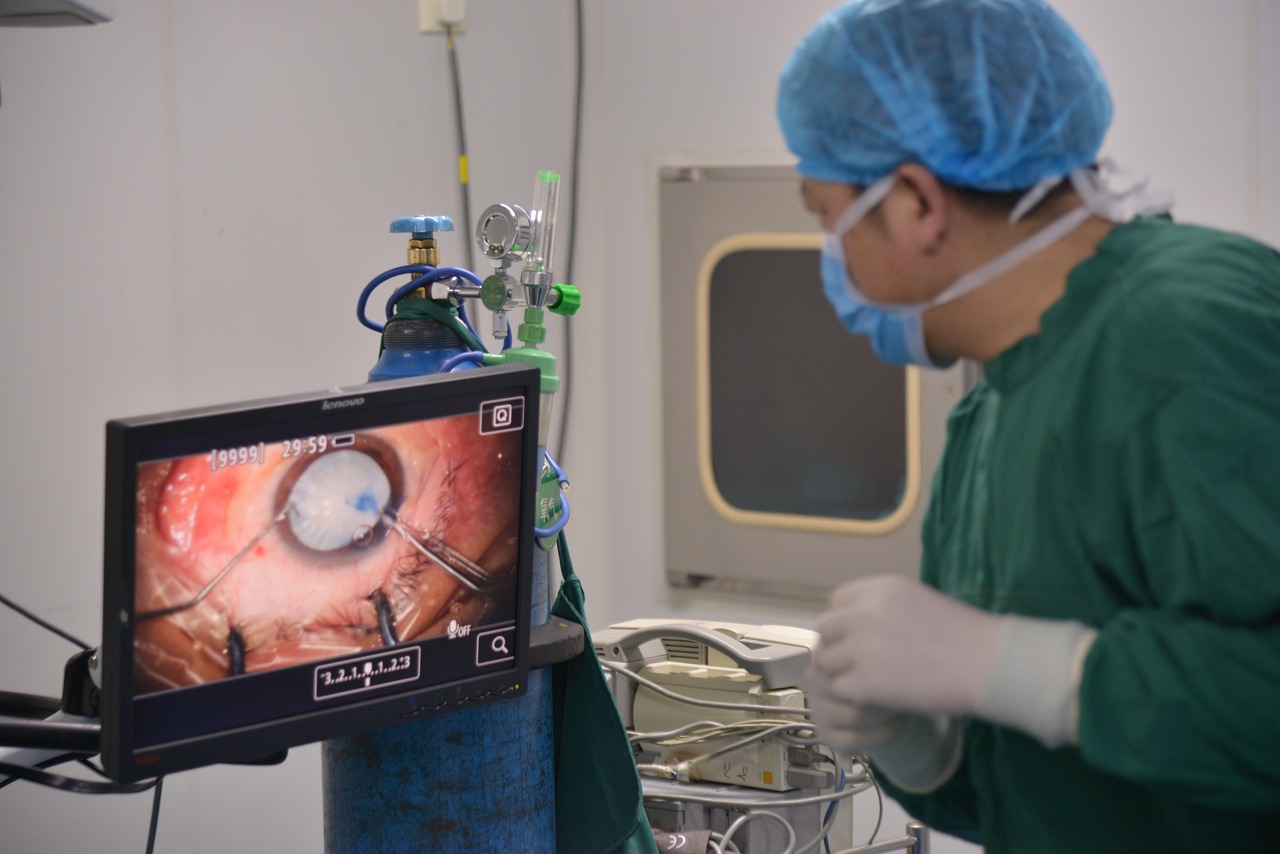
In modern operating rooms, AI powers robot-assisted surgeries that are safer, more accurate, and less invasive. Systems like the da Vinci robot allow surgeons to perform delicate procedures with enhanced precision and control.
AI technology assists by:
-
Mapping optimal incision points
-
Guiding instruments in real-time
-
Reducing the risk of human error
Patients benefit from shorter recovery times, fewer complications, and more predictable surgical outcomes.

AI-driven virtual health assistants are changing the way patients manage their health. These tools—often accessed via smartphones or smart speakers—help users:
-
Track medications
-
Get symptom analysis
-
Schedule appointments
-
Receive mental health guidance
Tools like Ada Health and Babylon use AI to simulate clinical reasoning and provide suggestions based on a patient’s input. This not only improves accessibility but also reduces the burden on healthcare professionals.
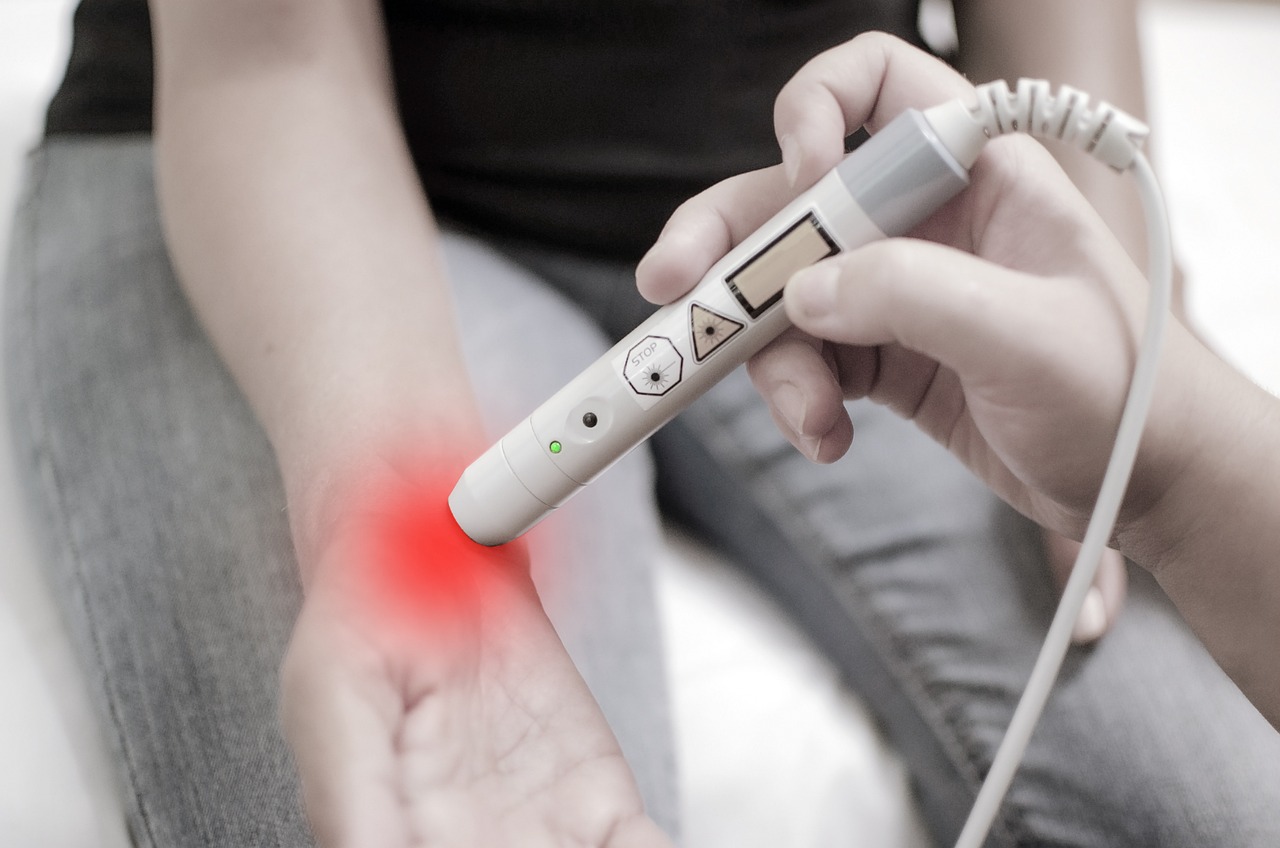
Rather than waiting for diseases to worsen, AI helps doctors predict health issues before they arise. By analyzing patterns in data collected from wearables, lab tests, and lifestyle habits, AI can flag early warning signs of:
-
Diabetes
-
Hypertension
-
Heart disease
-
Neurological disorders
This predictive capability enables doctors to intervene early with lifestyle changes or medications—often before symptoms even start.
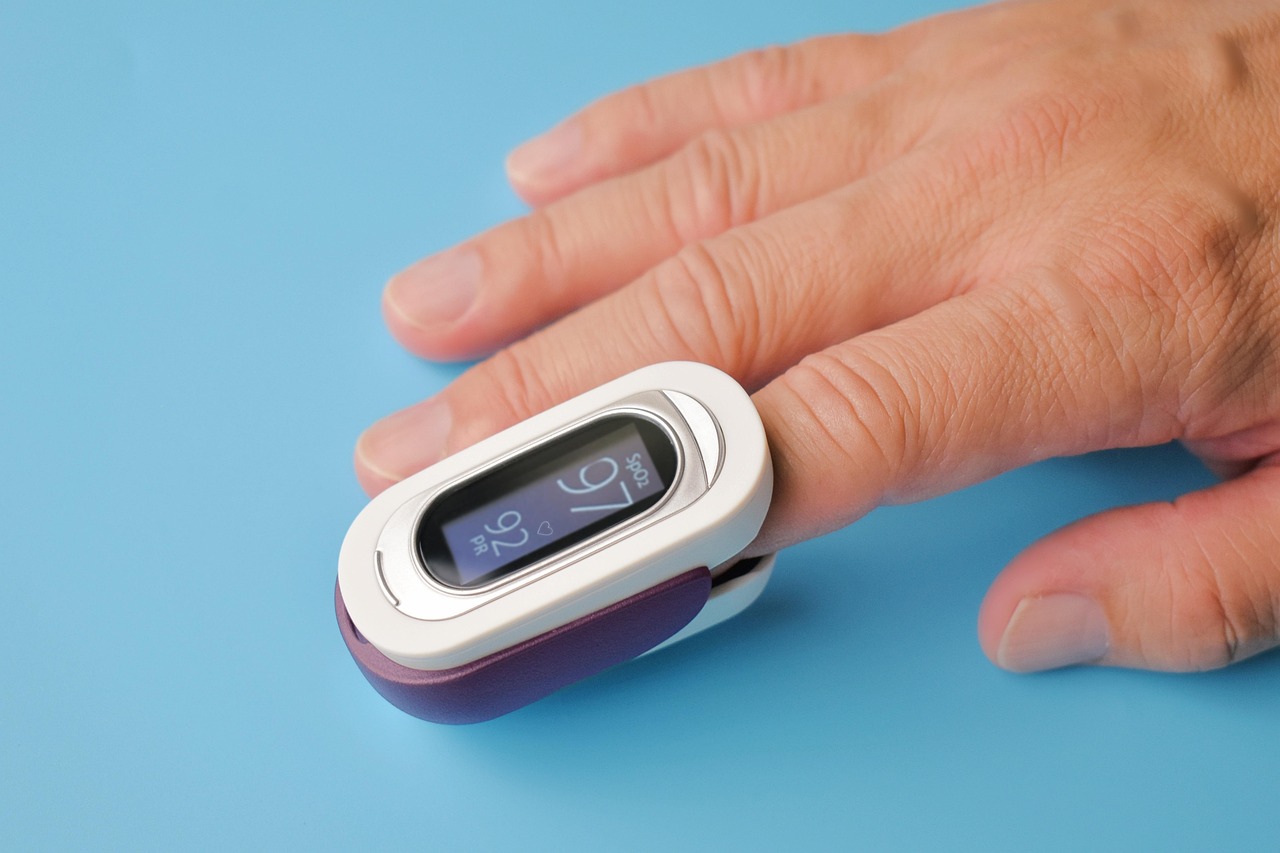
AI and wearable health technology are working hand in hand to offer continuous, real-time monitoring of patients. Smartwatches, biosensors, and health bands collect data like:
-
Heart rate and rhythm
-
Oxygen saturation
-
Blood pressure
-
Blood sugar levels
AI processes this data instantly to detect irregularities and send alerts. This technology is especially useful for managing chronic conditions and monitoring high-risk patients remotely.
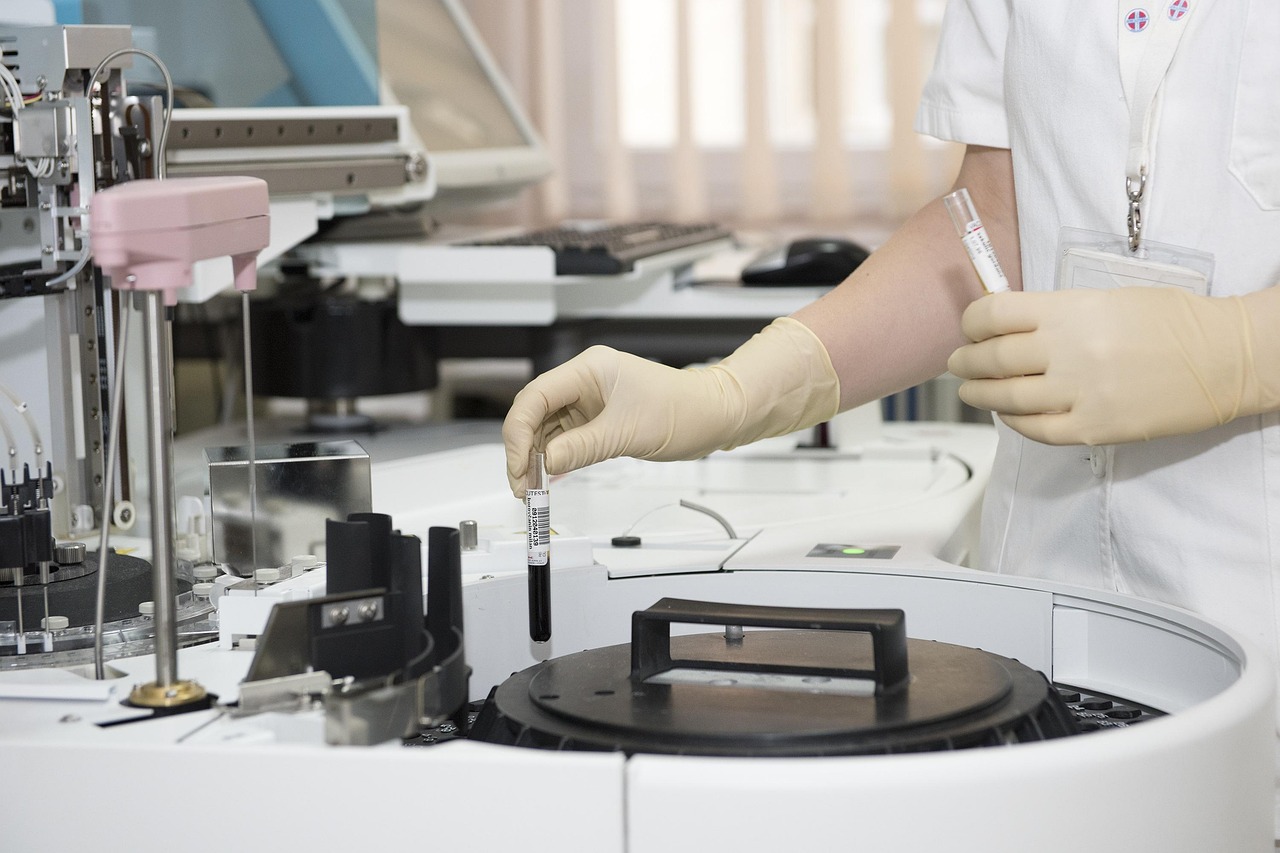
Today’s healthcare data—from patient records to clinical trials—is massive. AI is now indispensable in organizing, analyzing, and drawing conclusions from this data. Medical researchers use AI to:
-
Find links between genes and diseases
-
Predict treatment outcomes
-
Discover new medical insights faster than ever
This helps fuel breakthroughs in immunology, neuroscience, and public health, making research more efficient and impactful.
Conclusion: AI Is Reshaping the Future of Healthcare
Artificial Intelligence is no longer a supporting tool—it’s becoming central to how healthcare is delivered. From diagnosing conditions faster to designing drugs and monitoring patients around the clock, AI in medical treatments is improving outcomes and saving lives.
However, this revolution also comes with challenges. Privacy concerns, data security, and algorithm bias need serious attention. Still, the benefits of AI in healthcare far outweigh the risks when implemented responsibly.





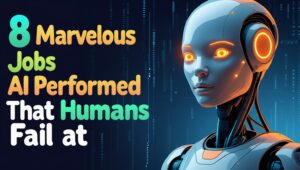
Be First to Comment